Its an end of an era with the demise of Dilip Kumar, the doyen of Indian cinema no more
- EP News Service
- Jul 07, 2021
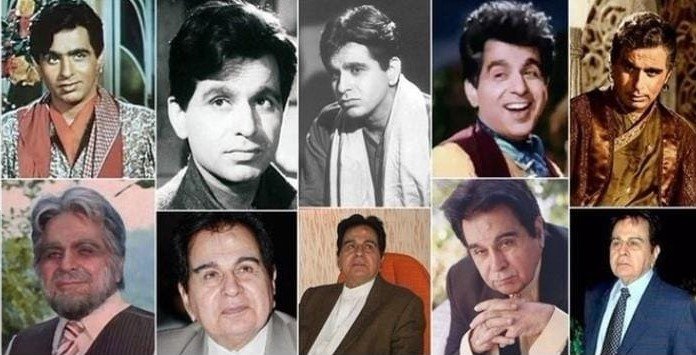
Actor Dilip Kumar died early Wednesday morning
MUMBAI: Legendary and the 'Greatest Method Actor' of Bollywood Dilip Kumar breathed his last this morning at a Mumbai hospital and was laid to rest with full state honours in the evening, his death a testament that 'end of an era' can be more than just a cliche, he was 98.
The actor, known to generations of film-goers as 'tragedy king' for his portrayal of the brooding, intense romantic in most successful classics such as 'Mughal-e-Azam' and 'Devdas' is survived by his wife Saira Banu.
The couples' was an eternal love story that will put the most legendary tales of love to deep shame. Despite and the huge age difference of 22 years between them, Saira had been the source of strength and fortitude for her actor husband, forever seen by his side through thick and thin of their lives, to the last moment on the hospital bed.
Even as the thespian was led to be laid to rest with full state honours at Juhu Qabrastan in Mumbai, the overwhelming anguish of losing him could be clearly sensed on her masked face. Her Yusuf 'Sahab' whom she tended for 55 long years had left her forever.
Actor Dharmendra shared on Twitter how heartbroken he felt at what Saira Banu told him after Dilip Kumar's death. He Tweeted with his picture of himself with Kumar's body and wrote in a tweet, "When Saira Banu told me, 'look Dharam, Sahab has closed his eyes, I felt heartbroken my friends!"
Dilip Kumar, named by a great Hindi litterateur, Bhagwati Charan Verma (1903 -1981) at calling of Devika Rani Chaudhuri (1908 -1994), acknowledged as the first lady of Indian cinema, was born in undivided India on 11 December 1922 at Qissa Khwani Bazaar, Peshawar, now in Pakistan and named Mohammed Yusuf Khan.
Devika Rani was married to Himanshu Rai, maverick owner of Bombay Talkies of the bygone era of filmmaking in India. Bhagwati Charan Verma was then working for this film production house.
Incidentally, film music composer, Allahrakha Rahman was originally named Dileep Kumar after the Pathan thespian, also called the first Khan of Hindustani cinema. Ironic as it may seem, if he would not have been bestowed up the screen name, undoubtedly he would have been known as the first superhit Khan of the industry a soubriquet shared by current superstars, Shah Rukh Khan, Aamir Khan and Salman Khan.
Kumar was schooled at Barnes School, at Deolali in Nashik district of Maharashtra and grew up in the same neighbourhood as Raj Kapoor, his childhood friend, and later his colleague in the film industry.
There are some interesting anecdotes when we talk of his career. Some of his closest family friends whom I interviewed decades ago told me that acting did not come to him naturally and on a platter and Dilip Kumar started his career in Pune doing odd jobs. Apparently, he was even jailed by the British for raising slogans during the freedom movement at a canteen in Pune where he was serving a monthly salary of Rs 36.
Then there is the interesting factoid that even though Kapoor, who came from the illustrious Prithviraj Kapoor's family of actors, Kumar was hired by Rai for a monthly salary of Rs 1,250 which at that time was considered as the highest in the industry and way more from Raj Kapoor himself.
Right from his debut film 'Jwar Bhata' released in 1944 to lukewarm rather response for the actor, Kumar adopted what later became popular in Hindi cinema, 'method acting' and he never hid the fact that he was heavily influenced by Ashok Kumar’s naturalistic style of acting, who was a huge star at that time.
Dilip Kumar met Ashok Kumar when he entered Bombay Talkies and having no experience in front of the camera Dilip Kumar took
Ashok's tips very serious and learnt that he would inculcate his own style. As he said in his autobiography 'I am an actor who evolved a method, which stood me in good stead."
Its widely acknowledged Kumar, with his natural and realistic acting in silence and pause, took Hindi cinema beyond the theatrical acting of Ashok Kumar and Motilal. He portrayed tragic roles in films like Devdas in such a mesmerising method of acting that cinema lovers the world over gave him the sobriquet of 'tragedy king’. In tragic roles, he spoke in a soft silken voice, almost in whispers.
Dilip Kumar was reportedly advised by his personal physicians, including Dr Jalil Parkar, who had been treating him for long and was also at the Hinduja Hospital at the time of his death, to not to engage further in such tragic roles to avoid ill effects on his health physically and psychologically.
Starting with 'Jwar Bhata’ in 1944, he did a few more films that went unnoticed, however, it was Jugnu released in 1947, in which he starred alongside Noor Jehan, that became his first major hit at the box office.
After that there was no looking back, Kumar acted in scores of memorable films a career spanning over five decades, Kumar worked in over 65 films including Milan, Mela, Shaheed, Andaz, Jogan, Deedar, Aan, Daag, Amar, Devdas, Naya Daur, Madhumati, the epic Mughal-e-Azam, Shagina Mahato, the social dacoit crime drama Gunga Jamuna, and the comedy Ram Aur Shyam of 1967.
In 1976, Kumar took a five-year break from film performances and returned with a character role in the film Kranti in 1981 and continued his career playing leading roles in films such as Shakti, Mashaal, Karma and Saudagar. Popular director producers Umesh Mehra's 'Qila' of 1998 marked the final film appearance of Kumar before his death in 2021.
Incidentally, the movie rights of Qila are now owned by Red Chillies Entertainment owned by the present superstar Shah Rukh Khan who has been not only been very close to Kumar's family but also being candid enough to admit that he has derived a lot from Kumar's style of acting. Khan also shares the record of being nominated for most time in Film Fare's category of 'Best Actor' with Dilip Kumar. However, Kumar still holds the Guinness World Record for winning the maximum number of awards by an Indian actor.
To sum it up, it would not be too farfetched to say, Kumar was in an institution in himself. Earlier in the day today, superstar Amitabh Bachchan who has aped several scenes that were lifted from Kumar's yesteryears film wrote on Twitter, "An institution has gone..whenever the history of Indian Cinema will be written, it shall always be 'before Dilip Kumar, and after Dilip Kumar'.."
Indeed, although Dilip Kumar has passed away, however, footprints of master thespian will indeed last till our cinema is alive. 'Au Revoir Yusuf 'Sahab'




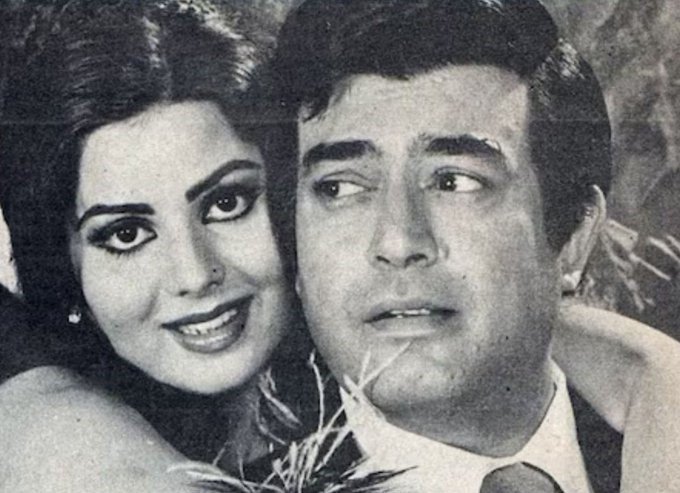
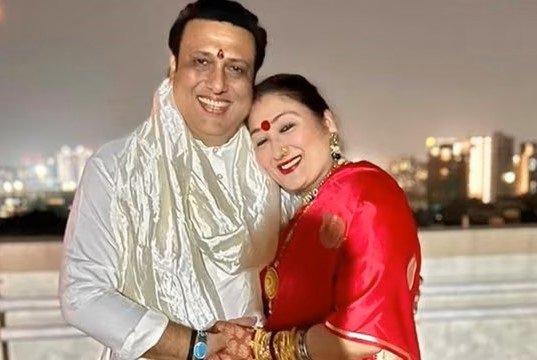

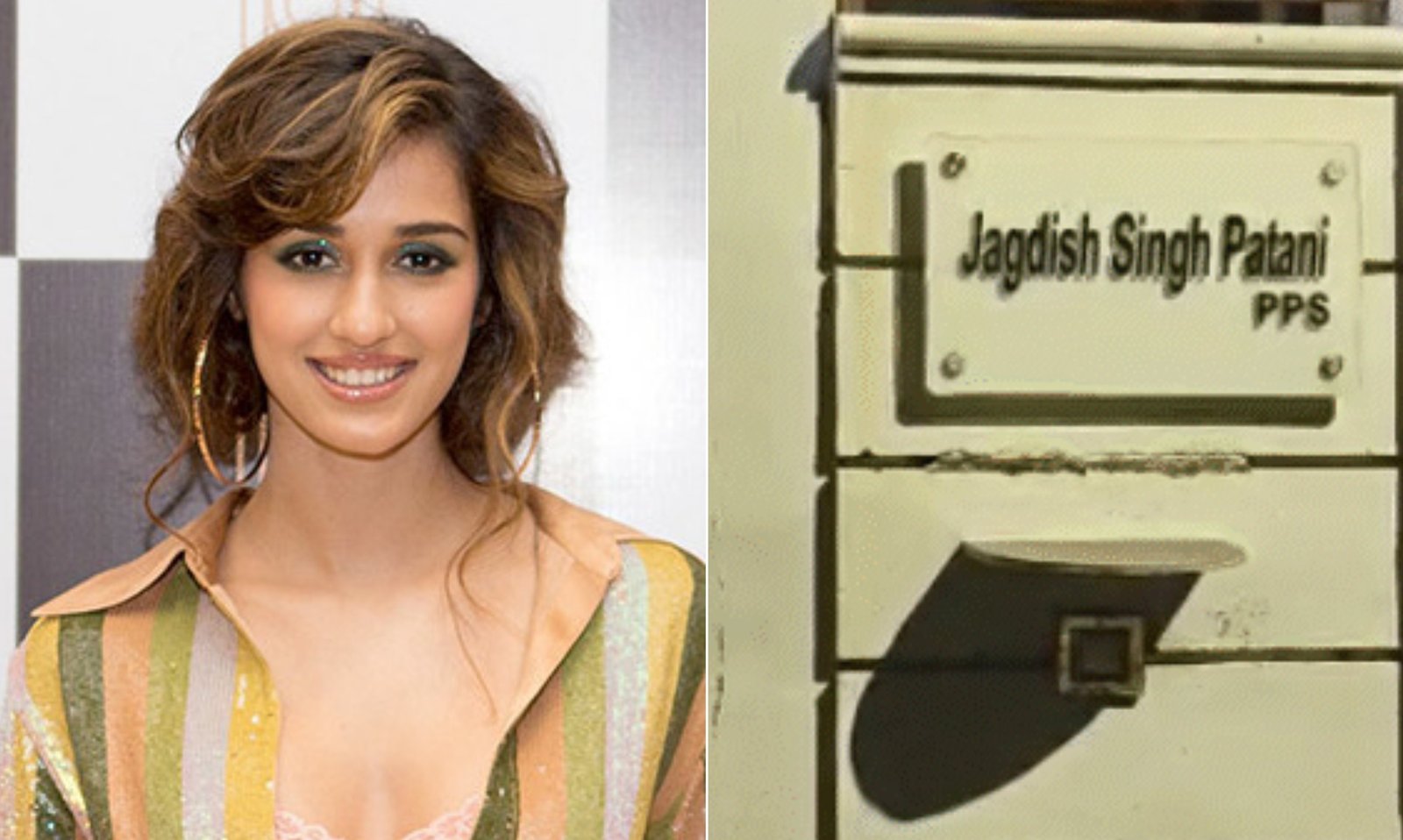
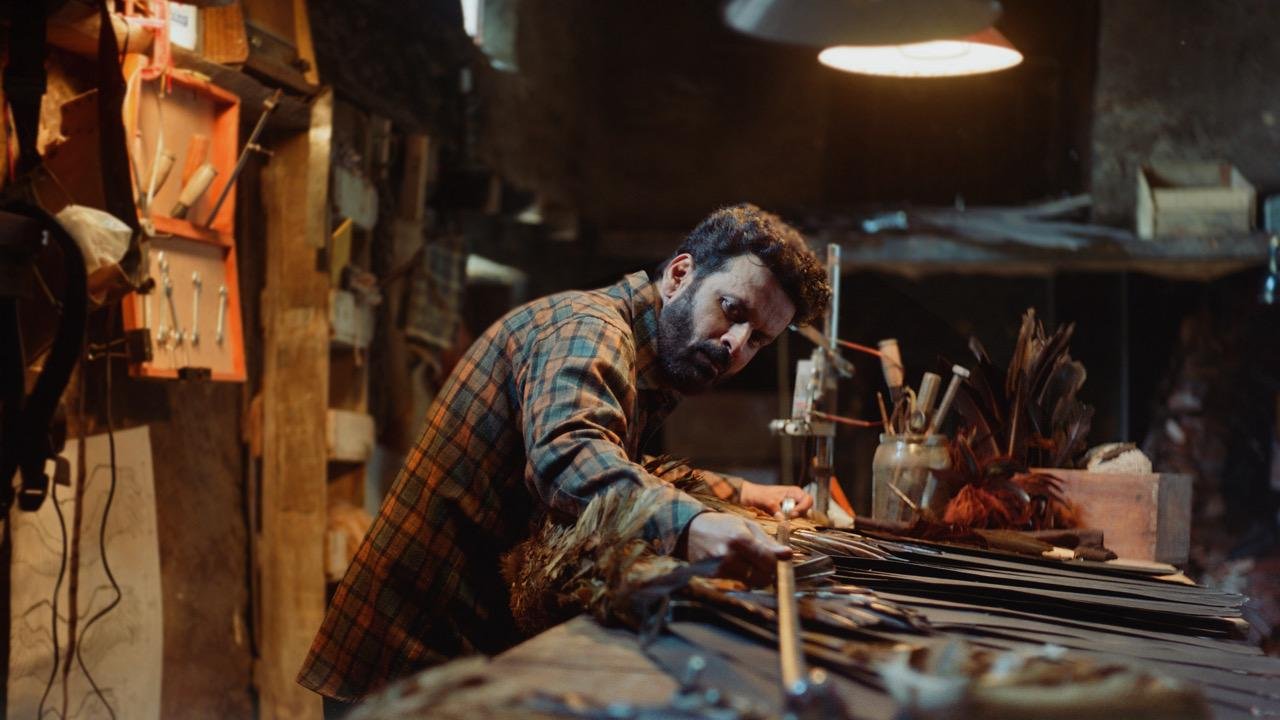
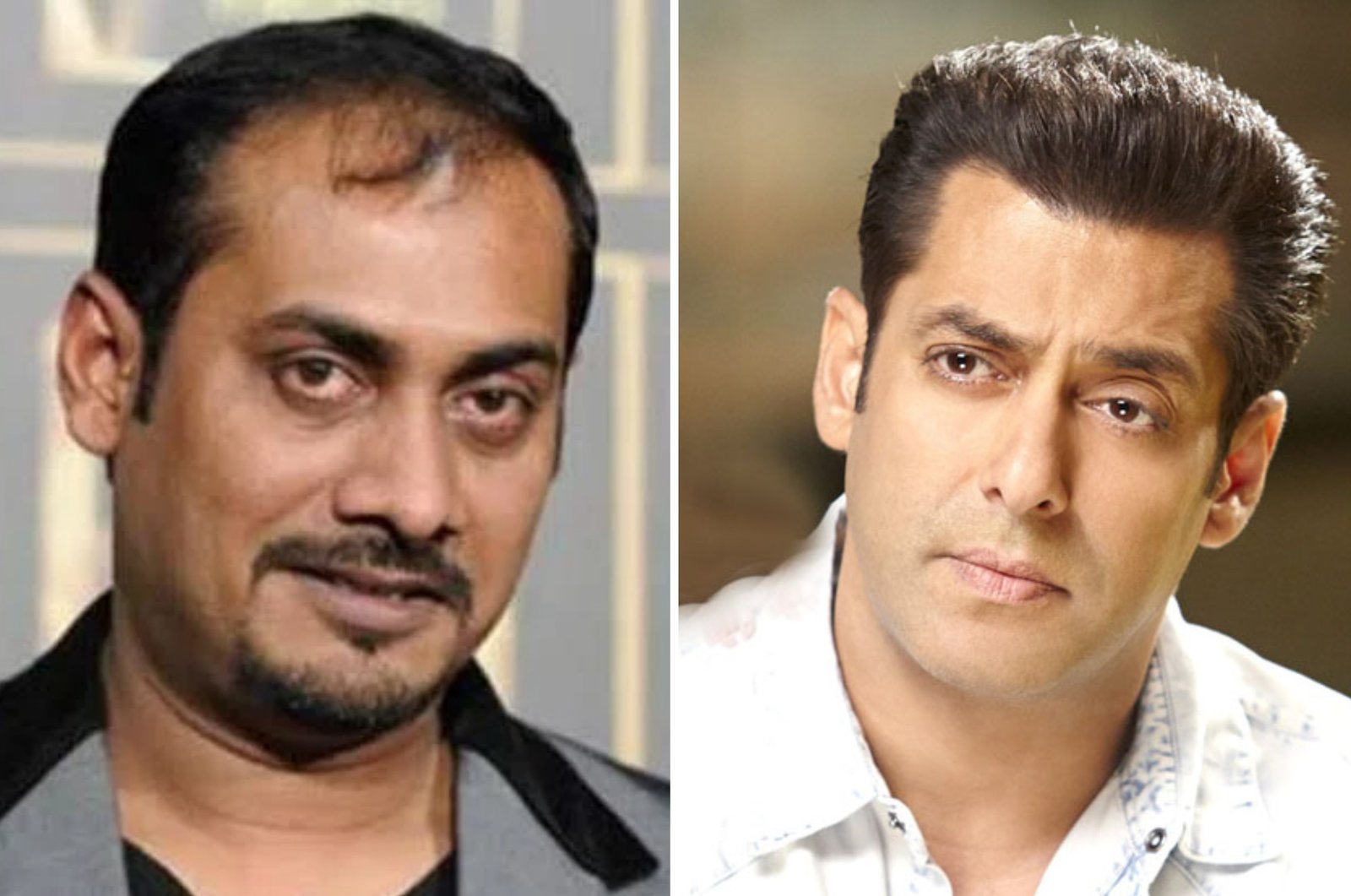
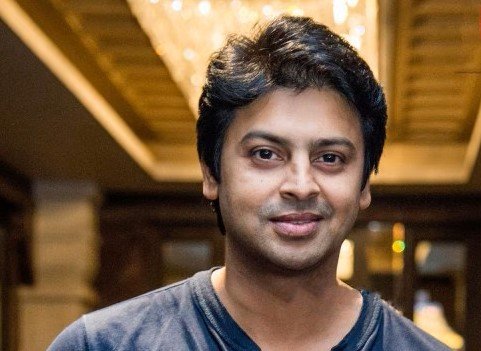
Reporter
View Reporter News